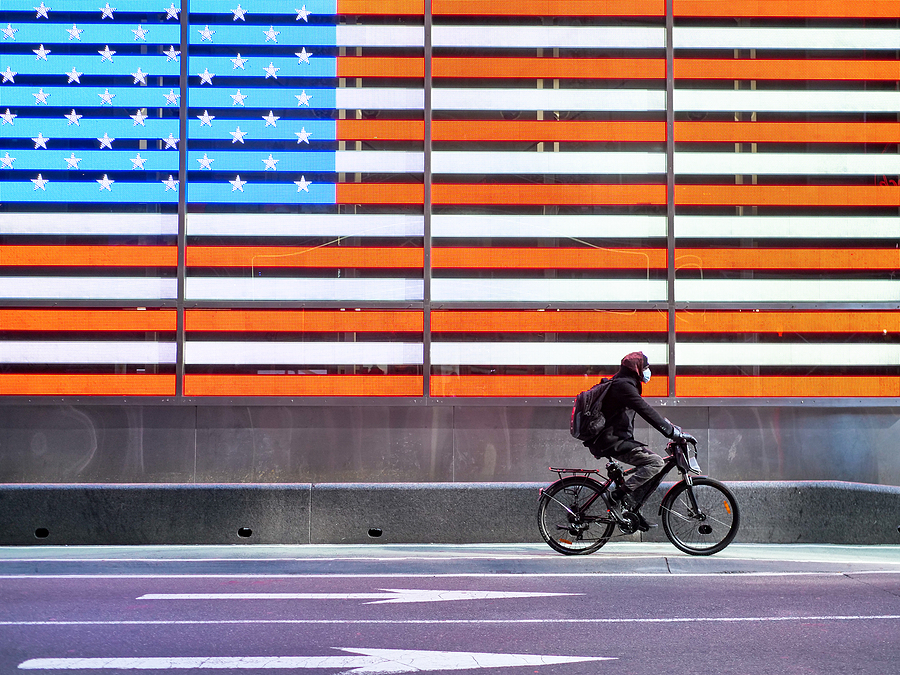When I first came to Alcalá as a study abroad student in the Spring of 2015, I felt as if I had fulfilled a lifelong obsession to see Spain. Growing up with two Spanish grandparents, the idea of Spain was a constant presence. In those years, I learned about Spain through tall tales told around the dinner table, Spanish delicacies brought in from New York, and visits from a seemingly endless series of relatives. When I finally arrived at the Plaza Cervantes in the Spring of 2015 – wheeling a large suitcase and carrying a backpack – I felt transformed.
Two years later, I once again found myself standing in Plaza Cervantes with the same suitcase and backpack – although both slightly more tattered this time. I have come back to Alcalá as a Master’s student in the Teach and Learn Program at the Instituto Franklin-UAH. Unlike my study abroad experience, this year I will be living on my own, spending most of the week working as an English conversation assistant in a private school, and taking Master’s classes. The experience is distinct, but I was fortunate to be greeted by the familiar faces of the Instituto Franklin staff and the surroundings of Alcalá.
I was attracted back to Alcalá because I wanted to spend a year getting a more intuitive sense of Spanish culture and history. Of course, there were also other reasons that brought me back, such as the desire to continue improving my Spanish and the sense of longing I felt for beauty of this city. Yet, as an aspiring historian, it was the history that most attracted me. I have found Spain to be an ideal place to understand history through a wide-angle lens and observe the way many centuries of history have flowed into our modern epoch. On a typical walk around the historic center of Alcalá, I can experience five-hundred years of history. It was here that Columbus had his first meeting with Isabel I at the Palacio Arzobispal in 1486, a time when the phrase“el imperio en que nunca se pone el sol” (the empire on which the sun never sets) was still only aspirational. Eventually, as this phrase began to ring true, Alcalá became a model university city. Some of the most famous literary figures of the Spanish Golden Age walked Alcala’s streets or studied in its university. The magnitude of this history can at times feel overwhelming, but it serves as a reminder of the long arc of history and the unusual course it often takes.
Returning to Spain has also made me rethink what it means to be an American. During my first couple of weeks as a conversation assistant, I asked my students if they knew of any stereotypes about Americans. Nearly every student’s hand shot up. Pursuing the question further, I was soon hearing typical, although still unflattering notions of American culture: all Americans eat fast-food, all Americans own guns, and every American is patriotic. Yet, there were also other ideas that the students had about America. When asked which type of English they prefer – British English or American English – the majority of my students said they preferred American English. The explanation for this was simple: American English sounds “cooler” and more modern. I was struck by this explanation. Thinking about it further, I began to get a clearer sense of how the dominance of American culture throughout the world – mostly notably through television and film – has resulted in a global image of America that is at once nuanced and highly stereotypical. Perhaps more importantly, I came to realize how language, culture, and history are all tangled together in a complicated, and sometimes surprising way.
Throughout the year, I hope to get a better grasp of the image of the U.S. in the world and the important influence of American culture. While much of my time in the classroom is spent teaching children about various aspects of American culture, I find that I am learning a great deal about my own culture. On a more personal level, I am revisiting the many stories and images that I have in my own mind about Spain. Those earliest memories of Spain – told in bits and pieces at family gatherings –have now taken on a new meaning.


Steven Patrick Rodríguez Alumni Instituto Franklin, Study Abroad in Spain Spring 2015 
Steven P. Rodriguez is an alumnus of the Instituto Franklin’s Study Abroad Program (Spring 2015) and currently a student in Teaching and Learning Spanish as a Foreign Language Master’s program. He received his B.A. from The College of New Jersey in History and Philosophy (2016) and recently earned an M.A. in History at Brandeis University. In the future, Steven hopes to pursue a Ph.D. in history and teach at the university level.

